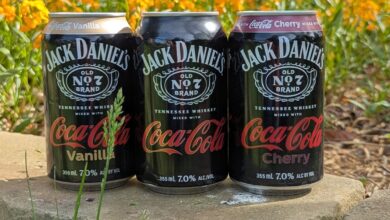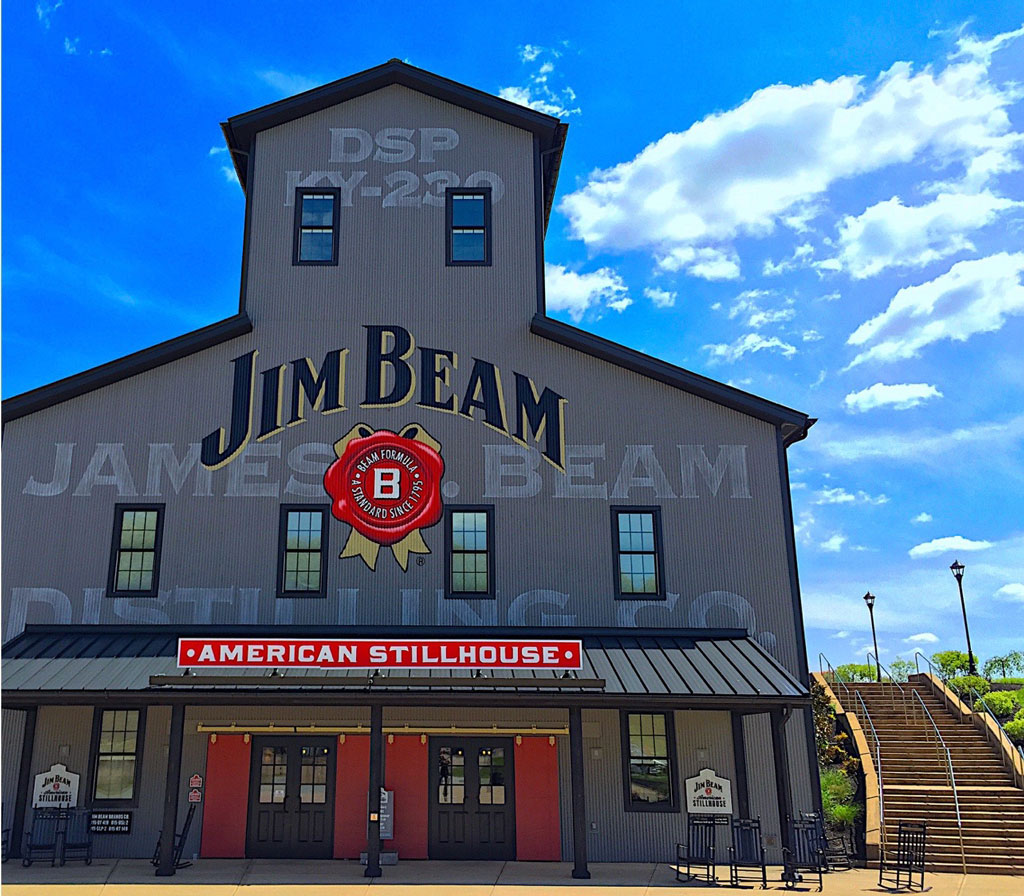Tennessee State House Wrangles Over Whiskey Laws
By Richard Thomas
Last year, the state of Tennessee passed a law defining Tennessee whiskey, giving it a solid, distinctive status under the law. Now that law is facing its first real test, in the form of a legislative gutting.
The Wood Makes It Good
Tennessee’s whiskey law defined the state’s whiskey as essentially bourbon, made in Tennessee and using the Lincoln County Process, or the maplewood charcoal drip filtration employed by Tennessee whiskey’s two biggest brand names, Jack Daniel’s and George Dickel, as well as some small outfits like Collier and McKeel. The first change in the law came shortly after passage, granting an exemption to Prichard’s Distillery, also of Lincoln County, so that they could continue calling themselves Tennessee whiskey without adopting the Lincoln County Process. The law does not prohibit making whiskey outside this definition in the state, but it does bar such whiskey from bearing the specific label “Tennessee whiskey.”
Defining Tennessee whiskey on the Lincoln County Process was the product of lobbying by Brown-Forman, the drinks company that owns Jack Daniel’s, by far the largest whiskey company in Tennessee. Now Diageo, owner of the medium sized George Dickel, is hitting back with a new law that would allow Tennessee whiskey to be aged in used barrels, much as scotch and Irish whiskey are. That would be a major departure in style for American whiskey, which heretofore has been aged in new oak barrels. All bourbon, rye, wheat, and malt whiskey in America, for example, must be aged in new oak under Federal law.
Sticking Up For The Little Guy?
Diageo, whose George Dickel Whisky was already made in compliance with the state law, says their measure protects the interest of small distillers and start-ups in the state, but the measure has met with a mixed response from Tennessee’s craft distilling community. Some, like Phil Prichard of Prichard’s Distillery, opposed the Brown Forman-sponsored law from the beginning.
“That law stifles creativity” said Prichard. “It puts all of us in one box that says if we’re going to make whiskey, it has to be made a process developed by Jack Daniel’s.”
Yet others question Diageo’s motives, and in particular the break with the wider, bedrock American practice of aging in new oak. “Diageo says it would help craft distillers, but I’m not sure how that would be the case.” says Derek Bell of Corsair Distillery, a company with operations split between Kentucky and Tennessee. “A big company like that doesn’t need to speak on behalf of craft distilling – we support those definitions. Using depleted barrels? I don’t understand why you would want that.”
Timber And The Law
Meanwhile in the whiskey blogosphere, it has been suggested the real motive behind Diageo’s move is about something else entirely, namely a shortage of new oak. Last year’s weather limited and damaged the timber harvest, putting the pinch of cooperage output this year. It has also been suggested that Diageo would like to age some of its George Dickel at a more central facility, namely its Stitzel-Weller warehouses outside Louisville, and loosening the Tennessee law would allow it to do that.
If Diageo is really looking for a way to get around the need to use new oak, it may run into some serious problems down the road. While the existing Tennessee whiskey law doesn’t contradict the 1964 Federal whiskey statues, Diageo’s desire to mature whiskey in old oak probably does. At a minimum, the passage of the new, Diageo-sponsored law will produce considerable wrangling at the Tax and Trade Bureau (TTB), and probably wind up in Federal court.



It does make you wonder are Diageo looking out for the little guy or their pocket? Tennessee Whiskey is defined under state law and therefore region protected, much in the same was as wine in Italy (DOCG tag) or Champagne in France.
As a business it is in Diageo’s favor to maximize its’ profits for its shareholders, keeping one’s coast down helps and new barrels do cost money (by the way how many Whiskey brands do Diageo own? 27+?).
In my opinion what Diageo are doing is what Reliant did with the “Robin”. Is it a car or a glorified trike? Splitting hairs.
Tennessee whiskey is bourbon. Anyone who thinks different is a dummy.
This new law p*sses me off so much, I’m never touching BF’s Woodford Reserve again. They deserve it, the basterds.
Diageo should mind their own f*cking business.